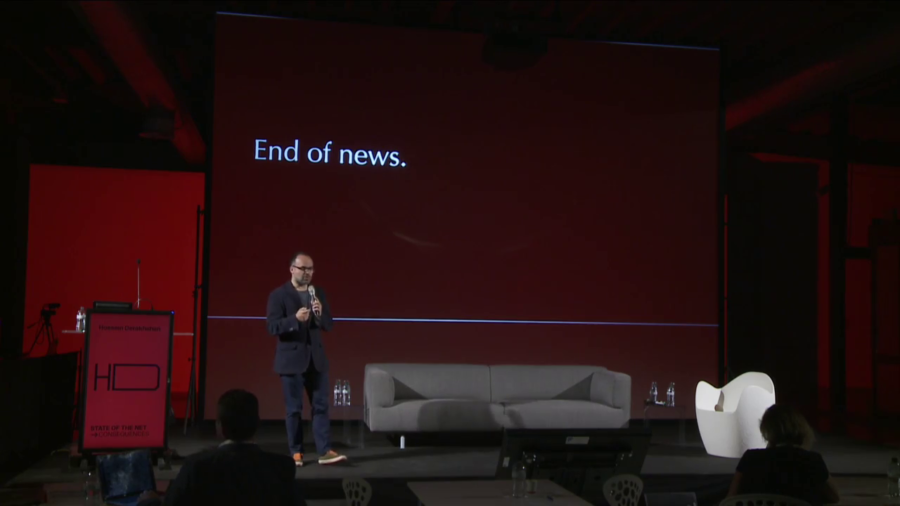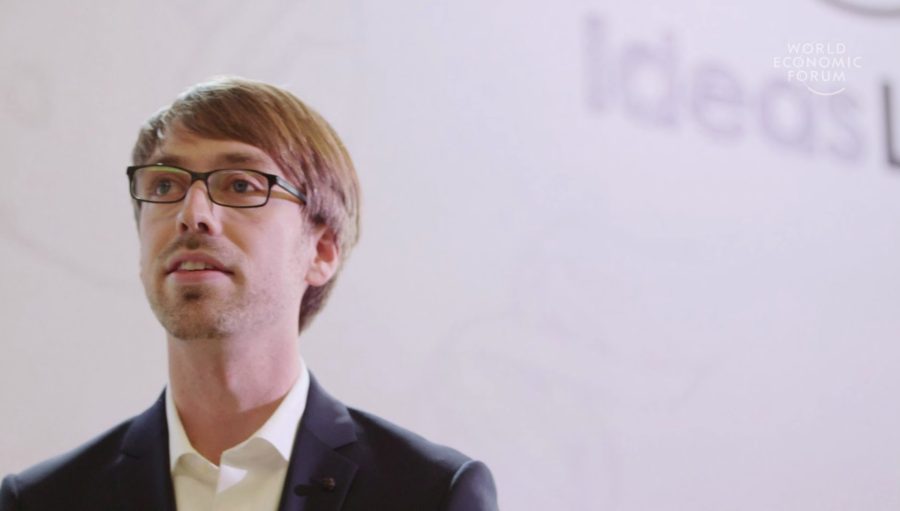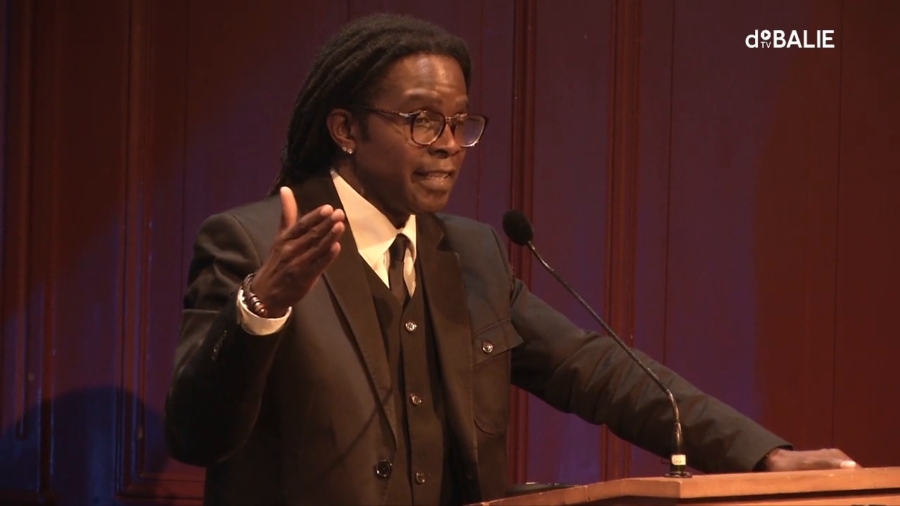When you look at this film you will recognize that it’s part of a tradition that says we have to think the planet, and we have to stop thinking the Earth. Thinking the Earth is actually thinking the world in terms of distinct civilizations, in terms of continents, in terms of ownership. Who owns culture, who owns land, and how they exploit land and culture and so forth.
Archive

I think this is the end of the news. Not the end of journalism, end of news. And I think the whole discussion about business models, or quality, or trust, or ethics are secondary to what is the real problem, which is a cultural problem and a social problem.

In many countries, the very ability to eat a food like avocado is a direct benefit of international trade. We are eating on an interconnected planet. Food trade now shapes land use worldwide and is reshaping the food supplies of many nations.
Although our ultimate goal is protecting biological diversity on the land and protecting the integrity of these natural communities, the strategic way to get there is to prevent these ranches from being sub-divided. And it turns out the issue that these ranches are having, you know, they get together and talk and say, “Wow our neighbor over here sold out and that ranch got sub-divided…” every time that happens, it puts pressure on the remaining ranchers who want to stay in ranching.
What has redeemed the faith community throughout the centuries of history has been that there has always been a sector of the faith that has not sold out, that has recalled the genuine moral and ethical values of that faith and its tradition, and has renewed that, and therefore moved the agenda into the future, that is moral and ethical and just.

